The Poisonwood Bible, written by Barbara Kingsolver, published in 1998 but set in the Belgian Congo in 1959, has been introduced to AP Literature classes all around the world. The novel spans 546 pages (hardcover) and follows an Evangelical Baptist family on a mission to spread the Word of God in the Congo, specifically in a small village called Kilanga.
Before reading, as a class we analyzed the Belgian Congo and its history; all the rulers, their deaths, wars, independence, and the ultimate end of the Congo. The analysis was very interesting, albeit confusing at the time, but helped relate back to the text almost immediately.
Moving from Georgia all the way across the ocean to the Belgian Congo was no easy feat for the Price family, given their primarily white home life and oblivion to other cultures. This underlying racism and privileged characterization that the family emits has made the text far more interesting to read, especially as an assigned novel. Reading through the bigot commentary the family makes throughout the entire book is hard but also invests more interest into the idea of, “what will happen next?”.
The literary choices Kingsolver made when writing this book make it a captivating read. Each of the Price daughters, and their wildly different personalities get their own individual chapters, written in their own unique style. As I read more and more, I can slowly start to tell which daughter is speaking, without even knowing what chapter I’m on. The choice Kingsolver made for the novel to follow the life of a God-fearing, utmost saintly, devout family and name the different “books” of the text after the books in the actual Bible was something I didn’t catch onto at first but when I did, it made me fall in love with the purposeful, intent attention to detail even more.
This book is a perfect examination of how to read and write literature because of all the composition methodologies Kingsolver uses to sell her writing. The Poisonwood Bible is full of imagery, allusions, and other narrative techniques that make me feel like I’m standing there in the Belgian Congo with this family, navigating through each day.
My favorite part about the reading so far is how much it doesn’t feel like an assignment. I don’t go home dreading having to read 30 pages for homework every other night and end up scouring the internet for a CliffsNotes summary instead. The in-class exploration of the text where all of our minds can work together and come to conclusions about the book makes showing up worth it. What’s better than being around like-minded individuals who share the same goal of seeking more?
Although I haven’t gotten very far into the book, only past the first 100 pages, I can tell that I will strongly enjoy it. It’s already been such an easy, page-turning read, and the plot is only thickening. I give it a 10/10, but it’s subject to possible change.

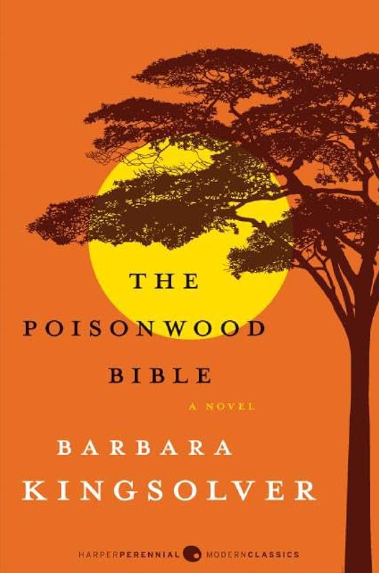
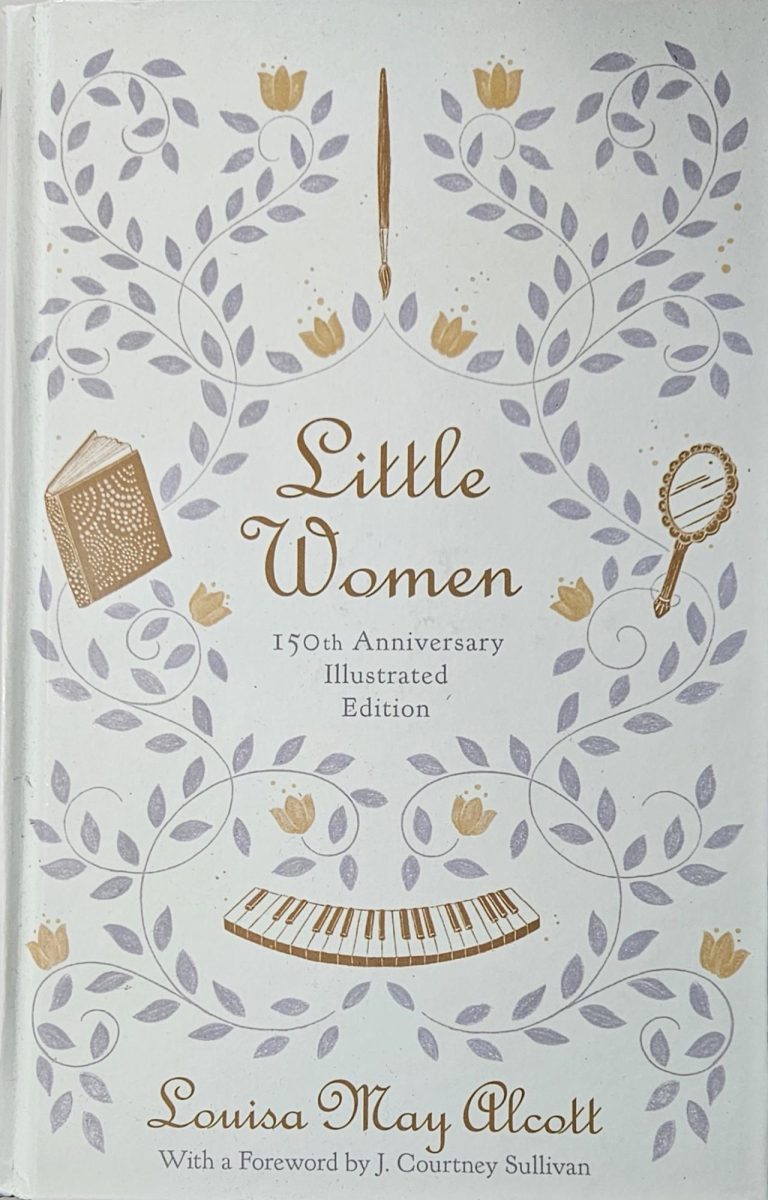
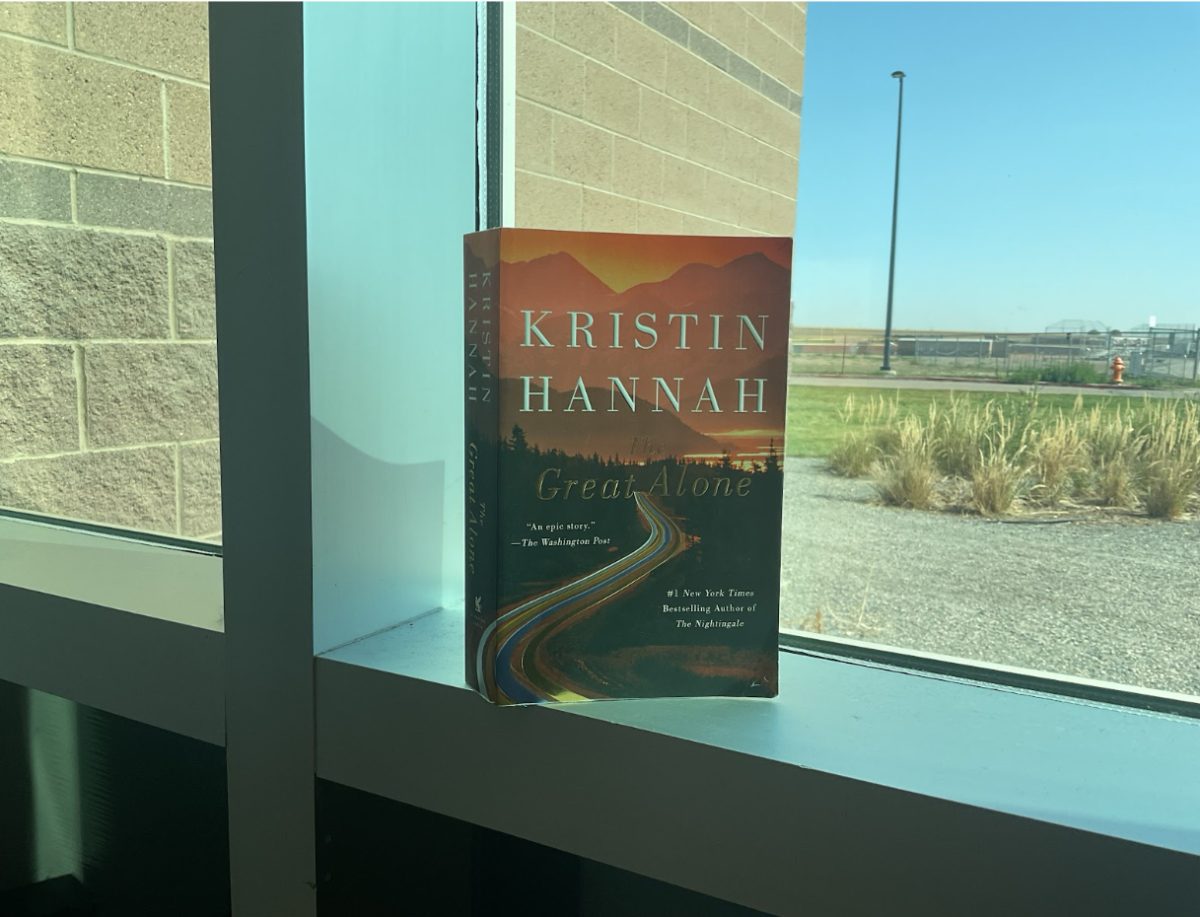
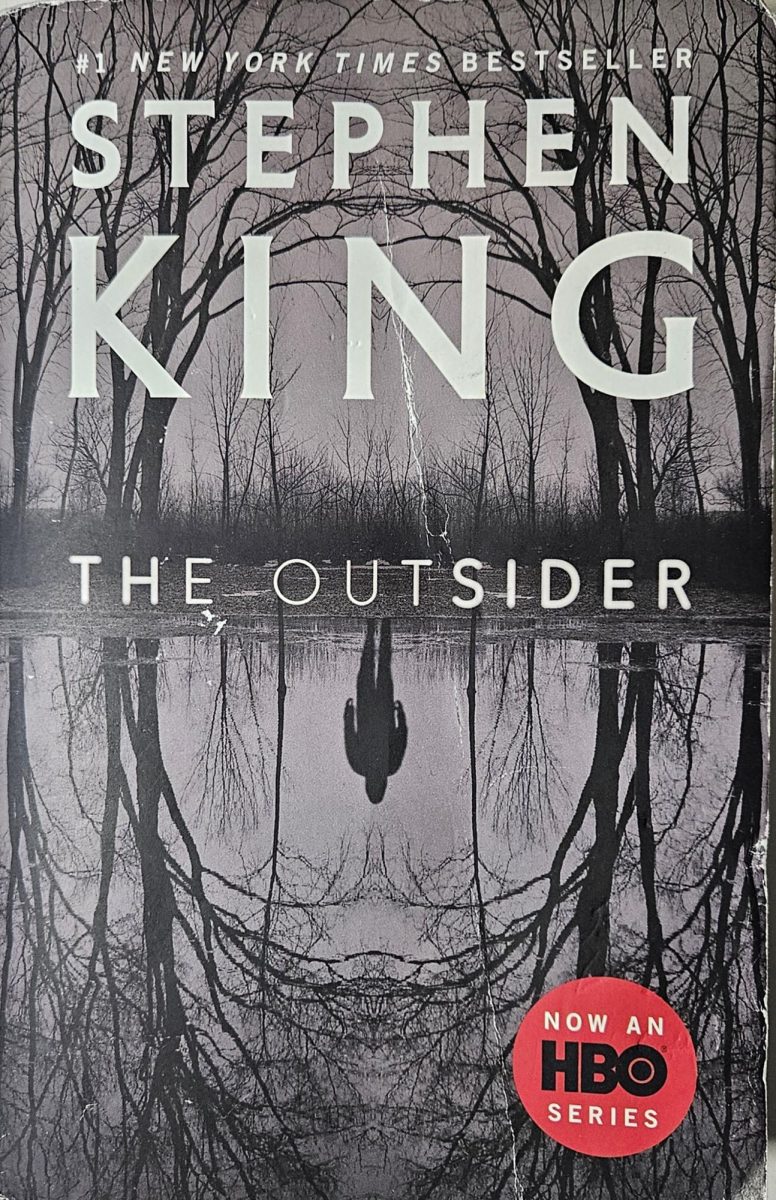
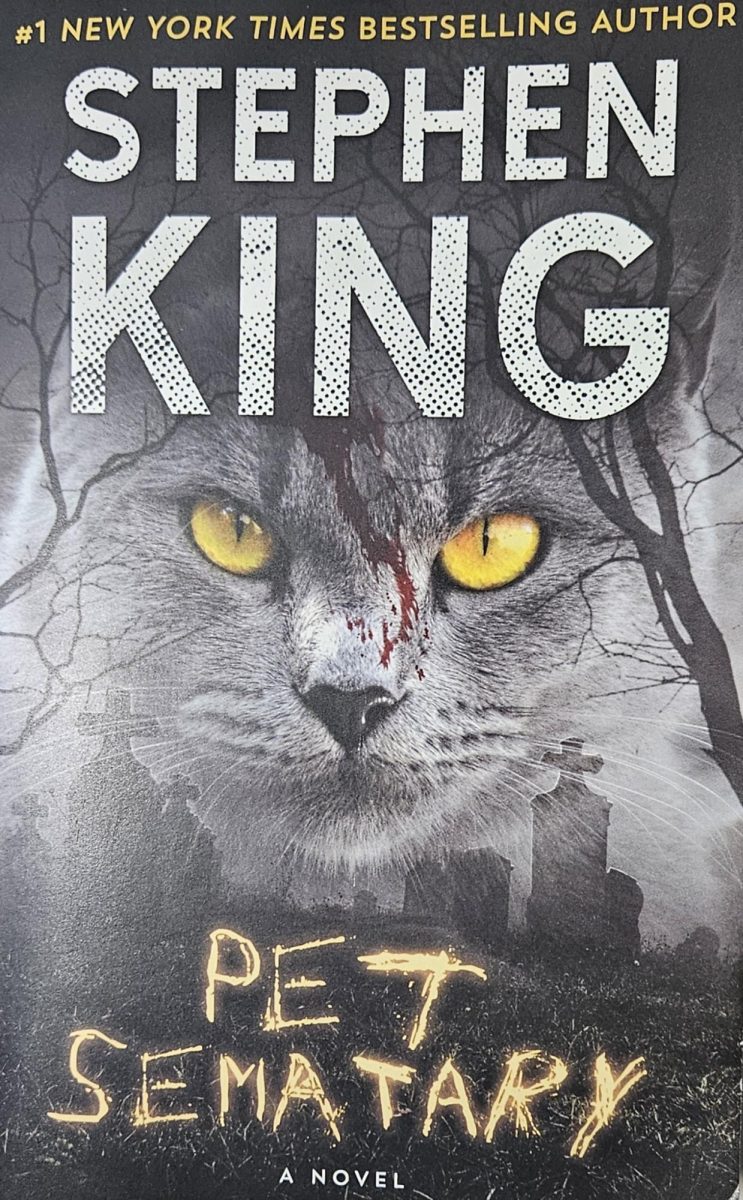
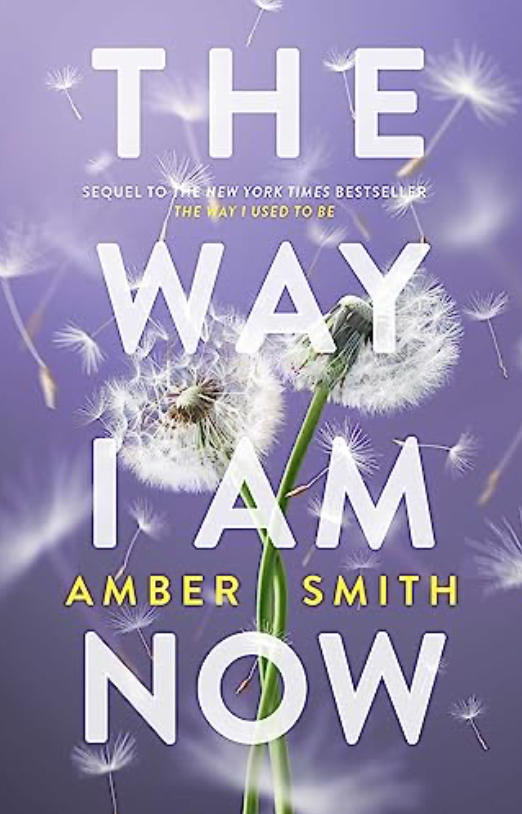
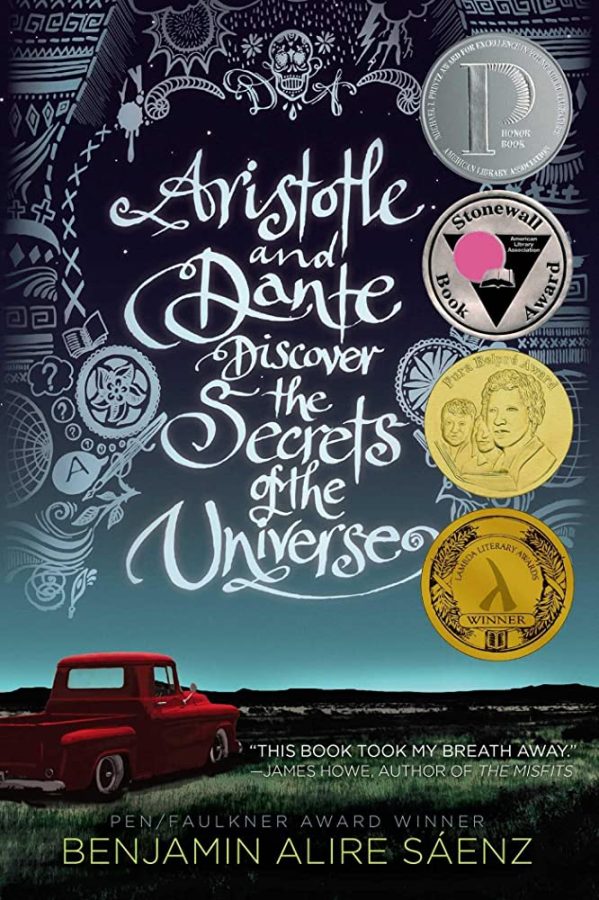



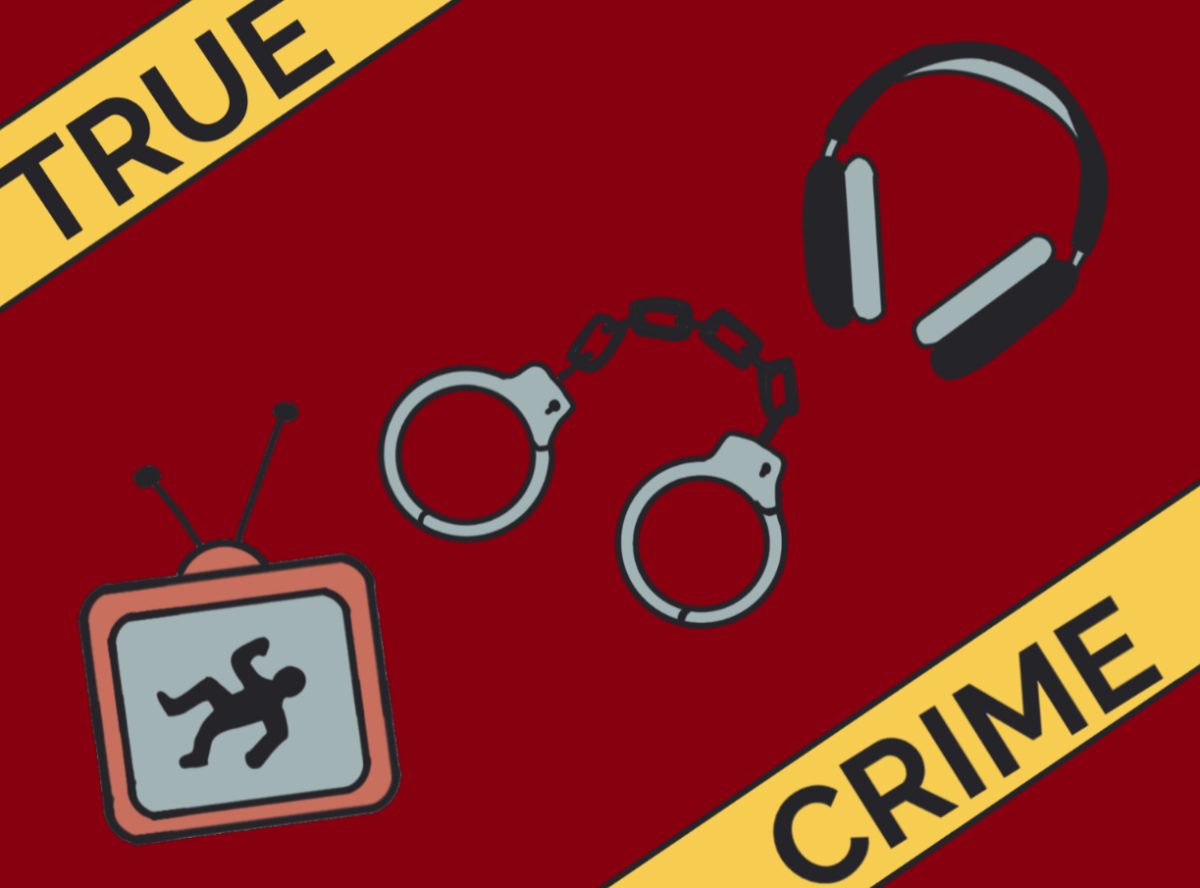


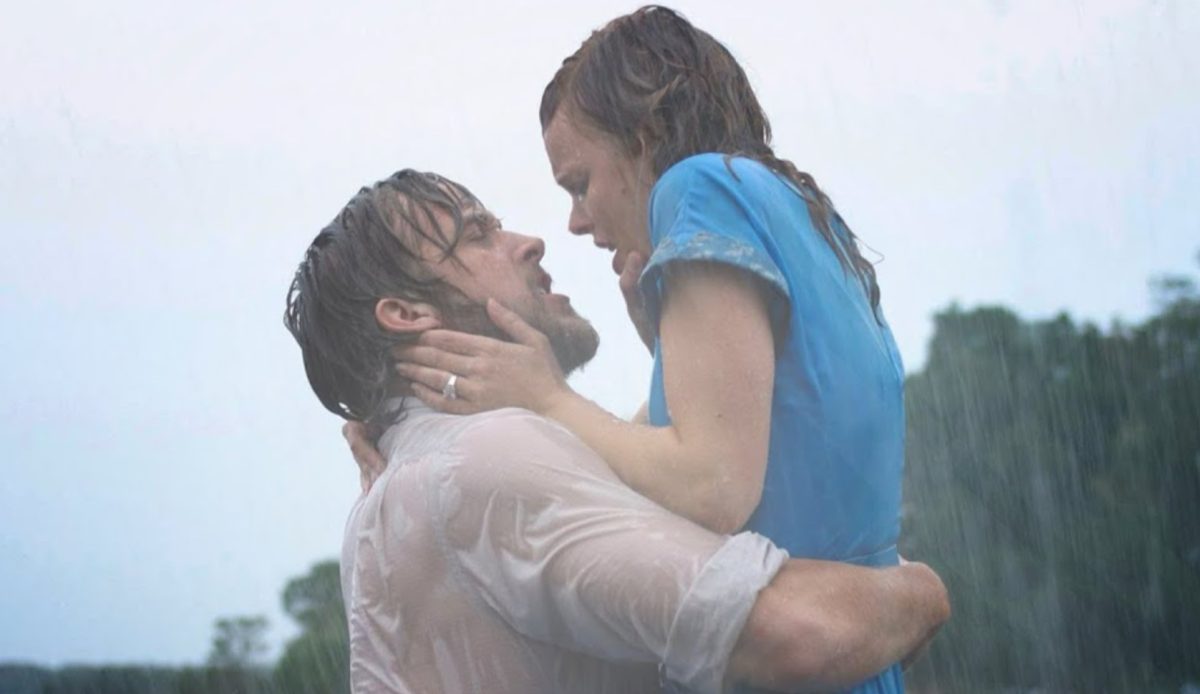
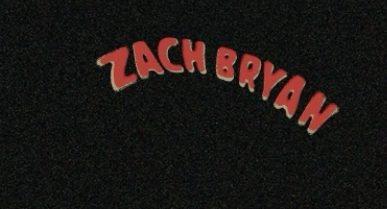




Joya • Sep 6, 2024 at 9:30 am
So excited that you are liking the book! Can’t wait to here more of what you think s you continue!